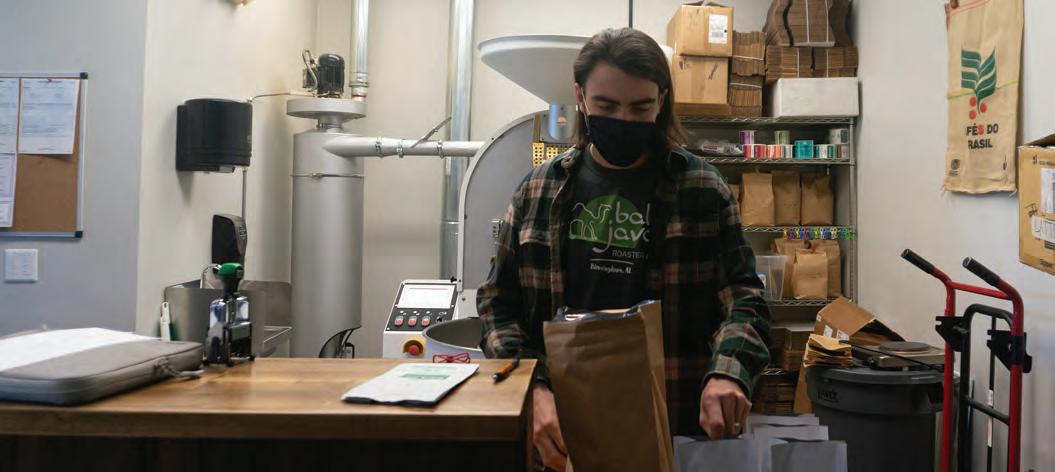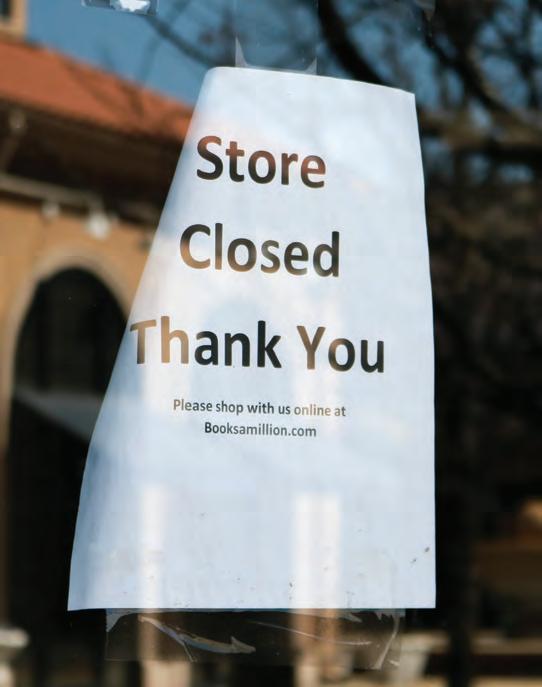R
E
F O R
M A
I
L
G N
Furthermore, rather than rehabilitating inmates, a private prison’s goal is to make money off incarcerated individuals. By Moriah Mason
Imagine that you had committed three nonviolent property crimes. On the day of your trial, you walk into the courtroom and hope that you receive a light sentence. However, your hopes are soon demolished when the judge sentences you to life without parole. This scenario provides a glimpse into what Ronald McKeithan felt back in 1984. Fortunately, McKeithan was able to be released but he is just one of many inmates who have been sentenced to prison under a strict sentencing law. According to the Sentencing Project, beginning in the 1970s, stricter sentencing laws such as mandatory minimums, the Three Strikes law, cutbacks in parole release and other laws have caused more people to be sent to prison on longer sentences. These strict sentencing laws have not only impacted the lives of inmates but have also led to prison overcrowding. Because of this, states started to contract with private prisons. Private prisons are built and funded by private corporations. Samford sociology professor Dr. Theresa Davidson explained, “The point of private prisons is to contract with the state or a county to save money.” However, “the drawback of private prisons is that they save states and counties money by cutting services needed to successfully run a prison, such as staff training, facility security, educational and rehabilitation programming,” said Carla Crowder Executive Director of Alabama Appleseed Center for Law and Justice.
28 | The Local
“From my understanding of talking to people in the business world, this is not a good model. This is not a function that should be monetized and based on profit,” said Crowder.
How Does this Pertain to Alabama? On Feb. 1, Gov. Kay Ivey signed two lease agreements with Government Real Estate Solutions of Central Alabama, LLC and Government Real Estate Solutions of South Alabama, LLC. Both are entities of Core Civic, a company that owns and manages private prisons. Crowder went on to discuss Ivey’s reasoning behind partnering with CoreCivic. “What Ivey is trying to do is what is called a public-private partnership and it is a lease option,” Crowder said. “The private prison companies would build the facilities based on how they built other facilities and they would maintain them as it pertains to security. But all the staffing (wardens, administrators and guards) would be state employees. “The reason this is problematic is that we already know that the Alabama Department of Corrections operates the worst prisons in the country, “said Crowder.“There are extraordinary levels of violence, corruption, mismanagement, understaffing and the highest death rates in the country. You have the worst of both worlds with this plan; you have for-profit companies who want to make money by charging the taxpayers of Alabama top-dollar to build and maintain these prisons. And then they will be operated by the most troubled department of corrections in the country.” Now, while Gov. Kay Ivey is not building a “private prison” per se, it still is troubling that the Alabama Department of Corrections will be in charge of these public-private prisons.














